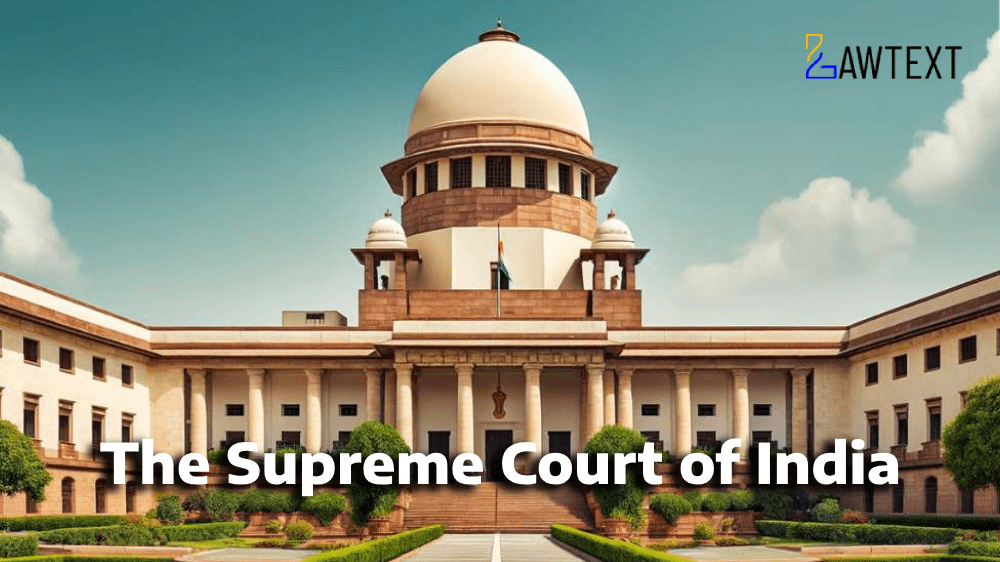

The Supreme Court intervened to reinstate an employee’s service after the Madhya Pradesh High Court's decision was challenged. The case involved an Assistant Project Coordinator (APC) whose contract was terminated prematurely. The Supreme Court found that the termination order was stigmatic and punitive, not a mere non-renewal of contract. The Court emphasized that such a termination required a formal inquiry under Article 311 of the Constitution, which was not conducted.
Appointment and Initial Terms: The appellant was appointed on a contract basis as an Assistant Project Coordinator (APC) under the Sarv Shiksha Abhiyan (SSA) for one academic session, with renewal subject to performance evaluation.
Allegations and Actions: The appellant reported misconduct at a hostel run by a non-governmental organization, leading to a raid and the termination of the hostel's contract. Subsequently, the appellant was assigned and then removed from the hostel's charge in a short span of days.
Show-Cause Notices: The appellant received multiple show-cause notices (SCNs) alleging negligence and inefficiency, including issues with attendance and work performance.
Termination Order: On 30.03.2013, the appellant’s contract was not renewed based on allegations of unsatisfactory performance. The order was challenged on grounds of it being stigmatic and issued without proper procedural safeguards.
Single Judge's Ruling: The learned Single Judge of the High Court quashed the termination order, ruling it stigmatic and requiring an inquiry under Article 311 of the Constitution.
Division Bench’s Reversal: The Division Bench of the High Court overturned this decision, finding the termination order to be non-stigmatic and a routine non-renewal of contract.
Stigmatic Nature: The Supreme Court analyzed whether the termination was a simple non-renewal or involved punitive elements. It concluded that the termination was indeed stigmatic due to its basis on alleged misconduct.
Procedural Failures: The Court held that the failure to conduct an inquiry as mandated by Article 311 rendered the termination invalid. The contractual provisions and previous communications also supported the need for a formal procedure.
Citation: 2024 LawText (SC) (8) 227
Case Number: CIVIL APPEAL NO.9758 OF 2024 [@ SPECIAL LEAVE PETITION (C) NO.11685 OF 2021]
Date of Decision: 2024-08-22
Case Title: SWATI PRIYADARSHINI VERSUS THE STATE OF MADHYA PRADESH & ORS.
Before Judge: [HIMA KOHLI J. , AHSANUDDIN AMANULLAH J.]
Appellant: SWATI PRIYADARSHINI
Respondent: THE STATE OF MADHYA PRADESH & ORS.